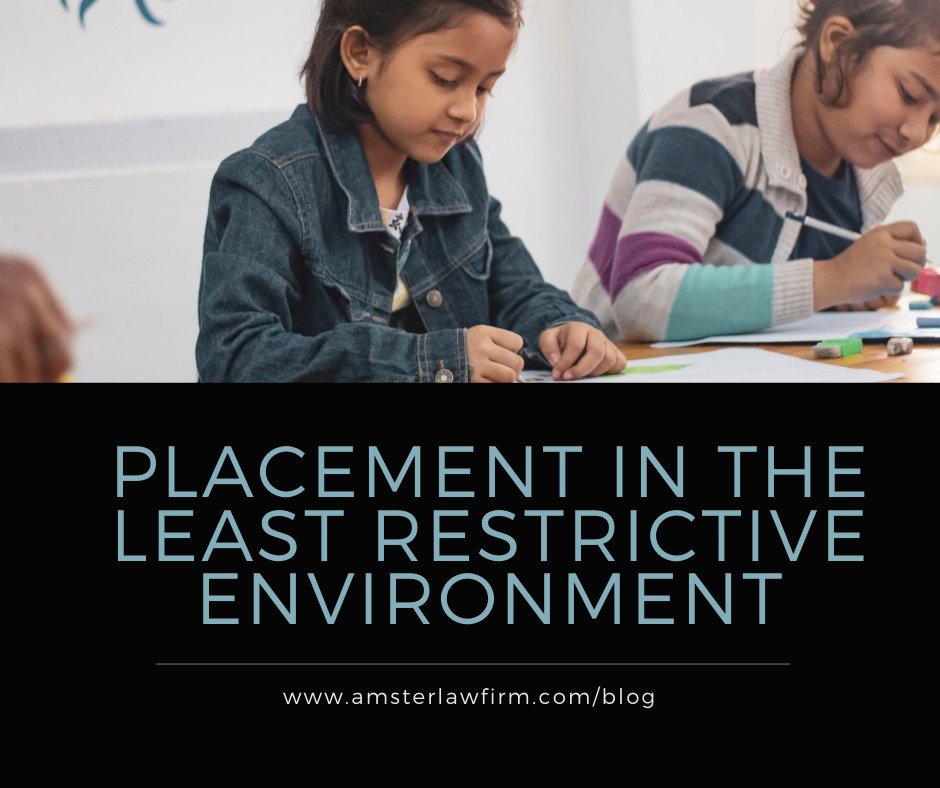FAPE Blog Post Series 1 of 3
Introduction to FAPE
Under the Rehabilitation Act and Individuals with Disabilities Education Act (IDEA), all children with disabilities are entitled to receive a Free and Appropriate Public Education (FAPE). This is the most important right of your child with special needs under the IDEA.
FAPE means that your child, if eligible, must receive an educational program specially designed to meet his or her individual needs. FAPE ensures that your child will receive an education with no cost to you. The school district can satisfy FAPE by giving your child special supports and services written in an Individualized Education Plan (IEP).
These services and supports may include accommodations for children who use adaptive equipment, services for academic needs, speech and language services, modifications to make their learning environment more fitting, and other supports tailored to your child’s unique needs.
FAPE is also designed to address your child’s overall health, vision, hearing, social and emotional status, general intelligence, academic performance, communicative status, and motor abilities. If no appropriate public-school program is available, your school district must offer your child placement at a state-approved nonpublic school.
Placement in the Least Restrictive Environment
To the full extent appropriate, school districts must ensure that students eligible under the IDEA spend as much time as possible with peers who do not receive special education. This is known as the “least restrictive environment.” In other words, FAPE requires mainstreaming your child in the general education classroom for some or most of the day, to the extent possible. Your school district must provide supplementary aids and services, if needed, to help your child learn in the general education setting.
The least restrictive environment will therefore vary between students. The range of placement options may include learning in general classes, special classes, special schools, home schooling, as well as hospitals and institutions. Your child’s placement may change as his or her needs change.
The reasoning behind FAPE’s least restrictive environment requirement is not only that students who receive special education benefit by learning with higher functioning peers, but also that society benefits as a whole from inclusion.


Add Comment